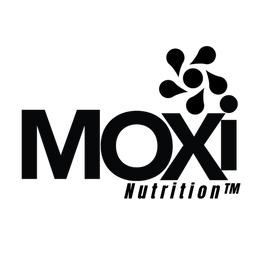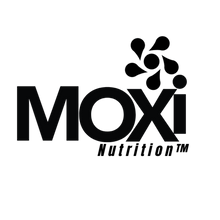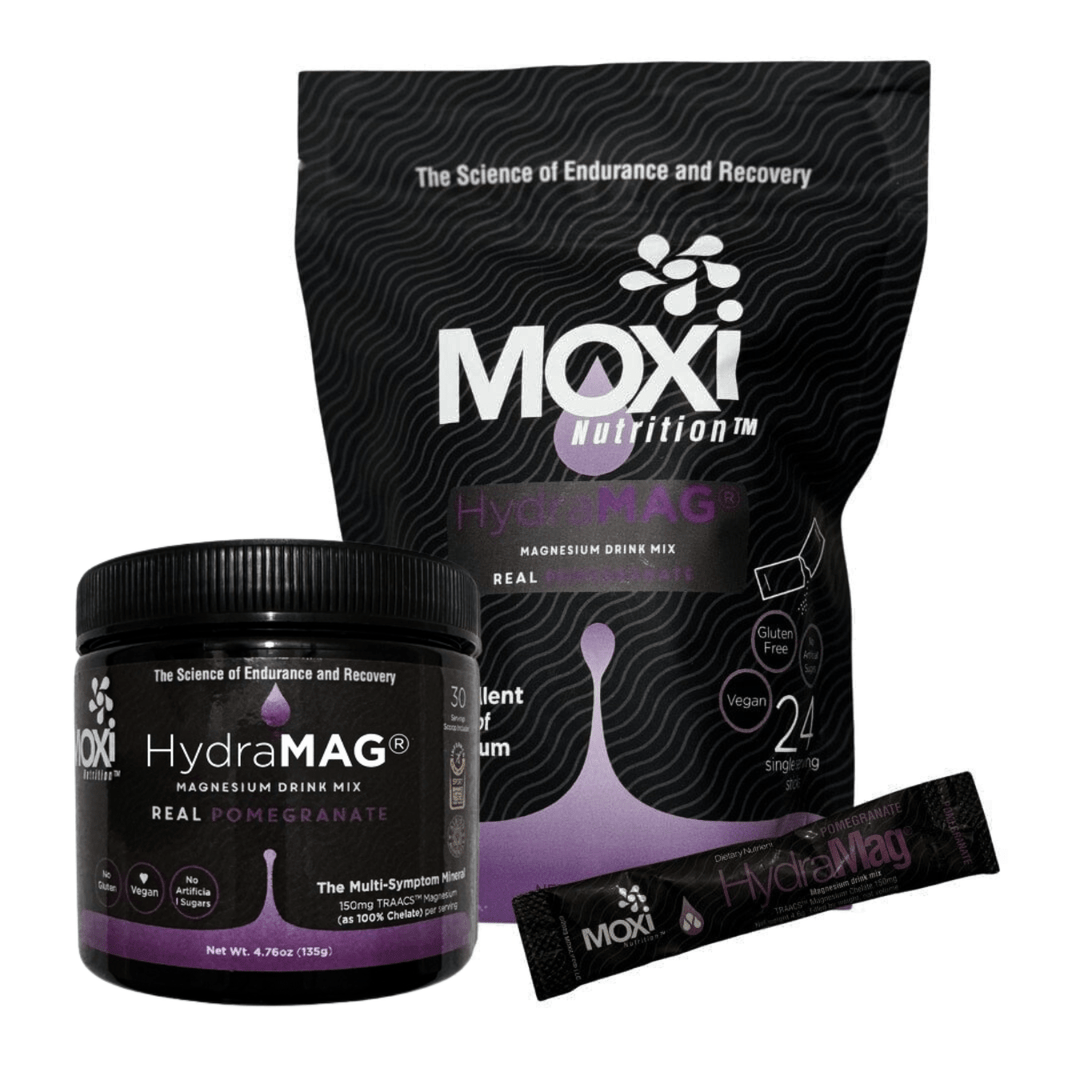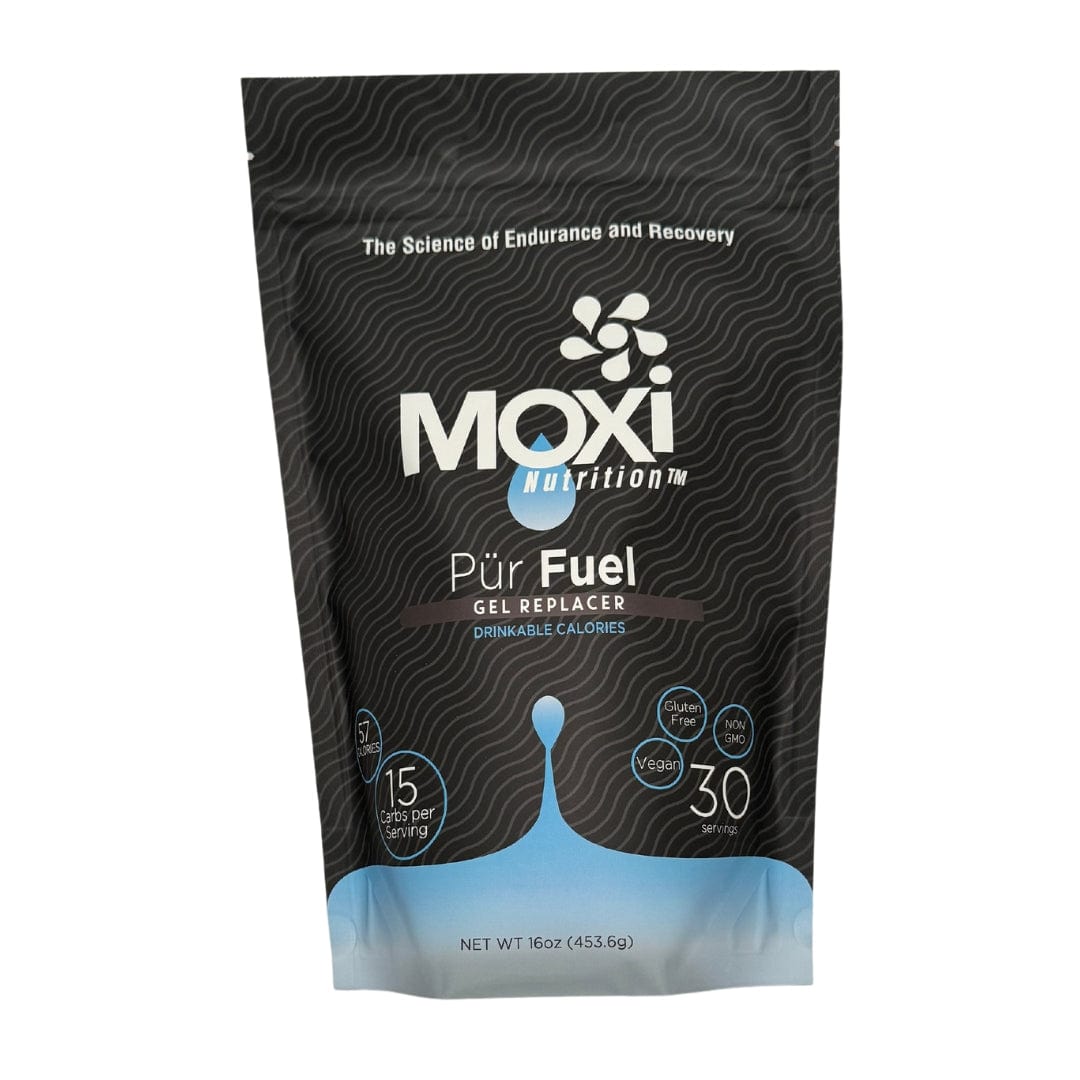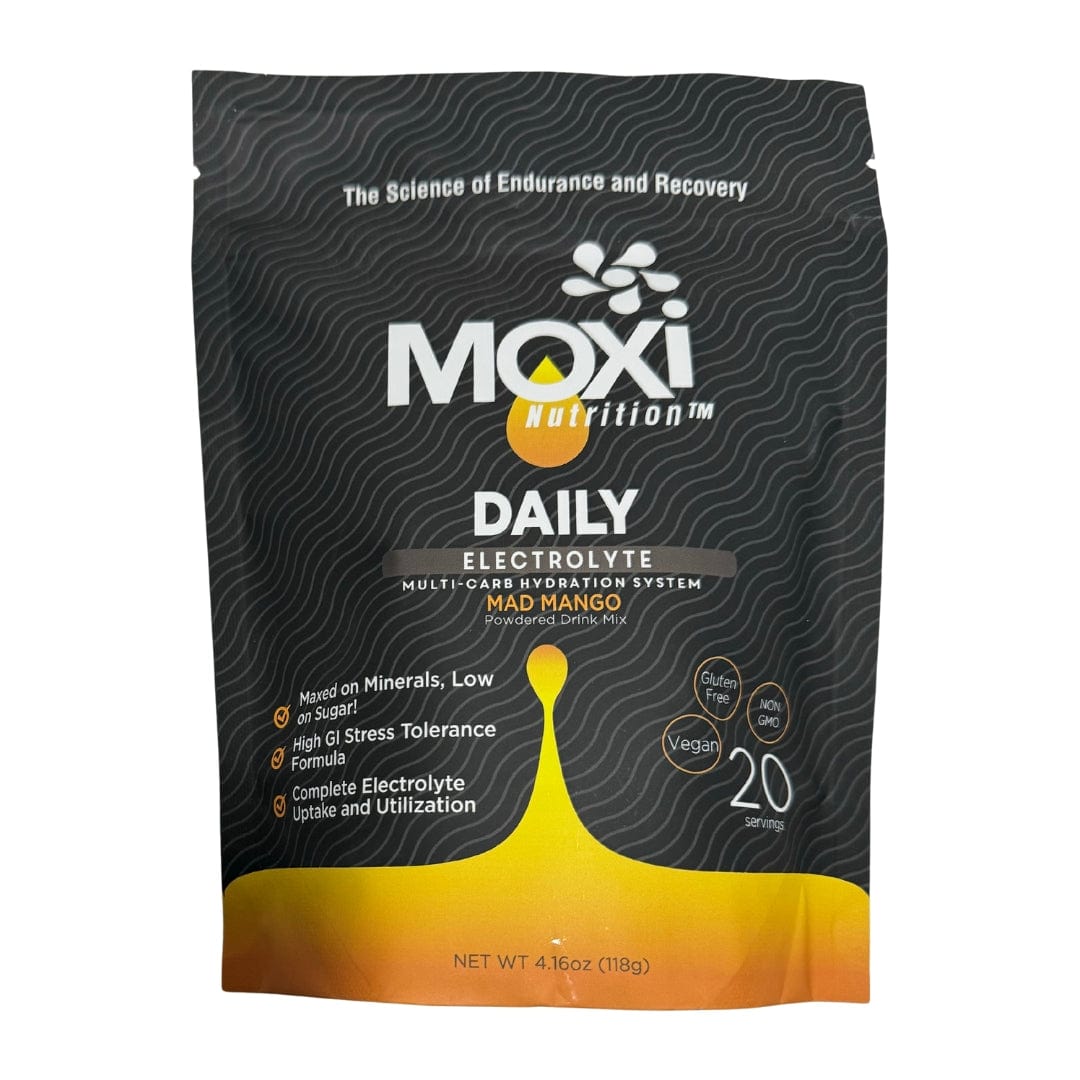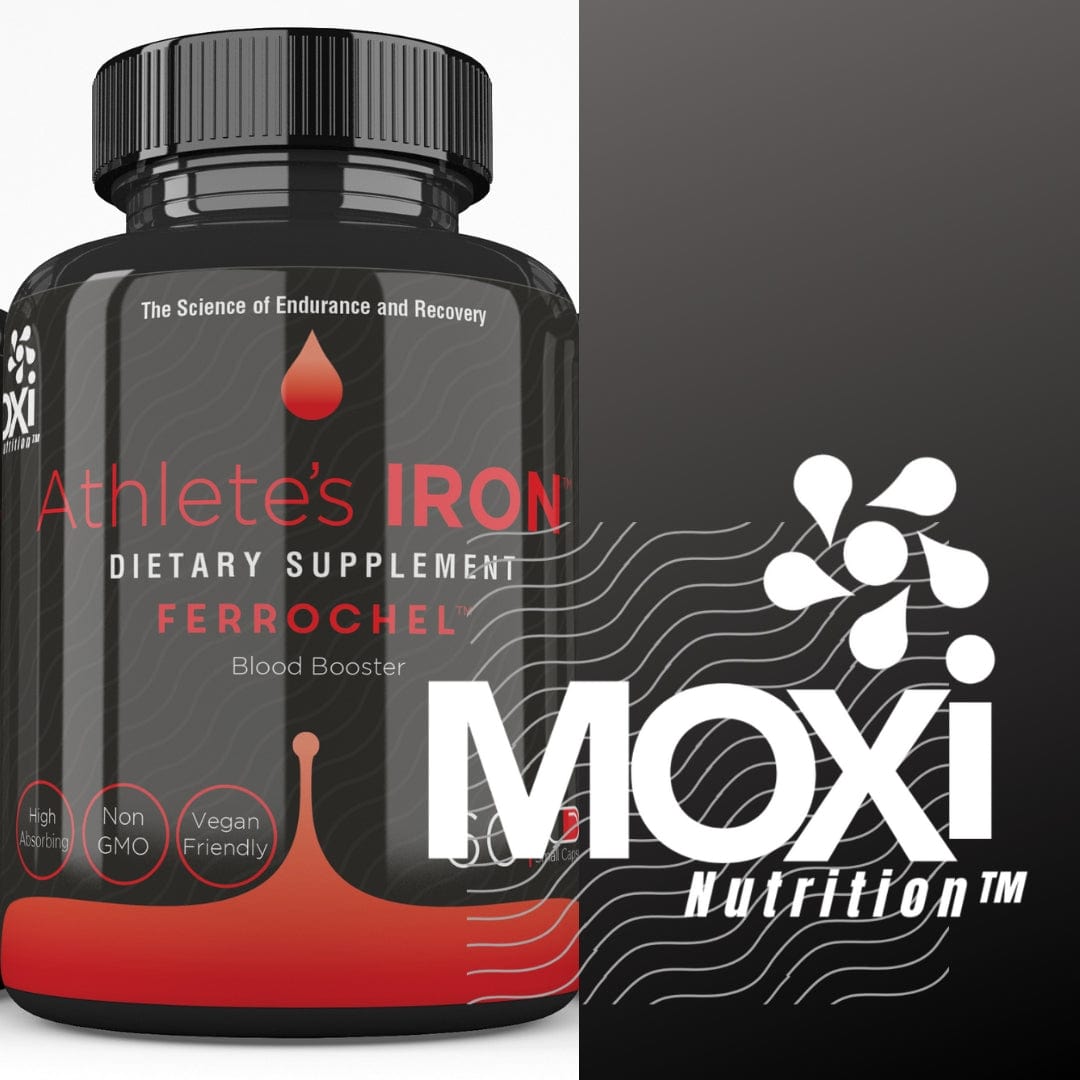Can Magnesium Supplements Boost Your Athletic Performance and Speed Up Recovery Times?
Can Magnesium Supplements Boost Your Athletic Performance and Speed Up Recovery Times?
Are you struggling to enhance your athletic performance or reduce recovery times after intense training? Research shows that magnesium plays a crucial role in energy production and muscle function, making it a key mineral for athletes. This article will examine how magnesium supplements can aid in performance, influence recovery, and detail the optimal intake and timing for effective use. By understanding these aspects, you can make informed choices to potentially improve your training results.
Understanding the Role of Magnesium in Athletic Performance
Magnesium plays a crucial role in energy production, supporting nerve function and oxygen transport to muscles. This mineral is essential for muscle health and can influence exercise endurance, particularly through effective stress management. The following sections will delve into how magnesium impacts energy pathways, muscle performance, and overall recovery, highlighting its significance for athletes seeking to enhance their training outcomes.
Defining Magnesium's Function in Energy Production
Magnesium is integral to energy production within the body, facilitating essential biochemical processes that convert nutrients into usable energy. It helps maintain ATP (adenosine triphosphate) production, which is vital for muscle function during physical activity. When athletes ensure adequate magnesium intake through their diet, they support optimal energy levels, allowing for improved performance during intense training sessions.
This mineral also plays a critical role in regulating calcium levels in muscles, which aids in muscle contraction and relaxation. Magnesium oxide, a common form of magnesium found in supplements, can enhance the bioavailability of this mineral, ensuring that athletes receive the benefits necessary for both stamina and recovery. By addressing magnesium deficiency, athletes can potentially maximize their energy production, leading to enhanced endurance and quicker recovery times.
The Connection Between Magnesium and Muscle Health
Magnesium plays a vital role in maintaining muscle health by regulating muscle contraction and relaxation through its influence on calcium levels. When magnesium is readily available, it helps prevent cramps and spasms that can occur during intense workouts. Athletes who prioritize magnesium-rich nutrition, including supplements like magnesium chloride, often notice improvements in their performance, enabling them to push through challenging training sessions with enhanced muscle endurance.
The inclusion of amino acids such as glycine alongside magnesium can further optimize muscle function, aiding in the recovery process. Proper dosing of magnesium ensures that the body can efficiently produce adenosine triphosphate (ATP), the primary energy currency used during exercise. By addressing potential magnesium deficiencies, athletes enhance their muscle resilience and recovery, significantly impacting their overall athletic performance and reducing downtime between training sessions.
Exploring Magnesium's Impact on Exercise Endurance
Magnesium supplementation, particularly in the form of magnesium citrate, plays a significant role in enhancing exercise endurance by supporting energy production. This mineral is essential for the synthesis of ATP, the body's primary energy source during intense workouts. By ensuring sufficient magnesium levels, athletes can improve their performance during strength training, as it directly influences muscle efficiency and delays the onset of fatigue, allowing for longer, more effective training sessions.
Moreover, magnesium has anti-inflammatory properties that can aid in reducing muscle cramps and soreness post-exercise. This is particularly beneficial for athletes who frequently experience muscle tightness, as adequate magnesium levels can help mitigate these issues, promoting faster recovery. By incorporating magnesium-rich foods or supplements into their routines, athletes not only support optimal performance but also foster better recovery times, enabling them to train consistently and reach their fitness goals without prolonged downtime.
The Influence of Magnesium on Recovery Times
Magnesium supplements support recovery by aiding in muscle repair, decreasing inflammation, and alleviating soreness after intense workouts. They enhance sleep quality, which is crucial for overall recovery. Additionally, adequate magnesium levels help with digestion and energy production, while vitamin B6 can improve absorption, reducing risk factors for nausea. These aspects are vital for athletes seeking to optimize performance and recovery times.
Analyzing How Magnesium Aids in Muscle Repair
Magnesium is a key nutrient that plays a significant role in muscle repair following physical activity. It aids in the synthesis of proteins and the optimal utilization of carbohydrates, crucial for restoring energy levels after workouts. By incorporating magnesium-rich dietary supplements or foods such as nuts into their nutrition plan, athletes can ensure they receive sufficient amounts of this mineral, enhancing their recovery process and overall muscle health.
In addition to its role in protein synthesis, magnesium supports muscle repair by helping to reduce inflammation and soreness after intense exercise. This mineral can be particularly beneficial for athletes who engage in high-impact activities, as it promotes quicker recovery and enables them to return to their training regimens sooner. For those focused on improving their performance and recovery times, magnesium supplementation can prove to be an essential component of their diet.
Magnesium's Role in Reducing Inflammation and Soreness
Magnesium supplements have been shown to significantly reduce inflammation and soreness, key factors that can hinder athletic performance and recovery times. When athletes experience elevated levels of lactic acid following intense workouts, the nervous system can become overtaxed, leading to discomfort and longer healing periods. Addressing magnesium deficiency through dietary sources or supplementation can help alleviate these issues, enabling athletes to train more effectively and with less pain post-exercise.
The relationship between magnesium and inflammation is supported by its ability to modulate the body's response to stress and improve muscle function. Adequate levels of magnesium, along with essential vitamins, can lower the risk of muscular tension and soreness, providing a smoother path to recovery. This not only allows athletes to resume their training sooner but also enhances their overall performance by minimizing the impacts of fatigue and discomfort during subsequent workouts.
The Importance of Magnesium for Sleep Quality in Recovery
Magnesium, a vital micronutrient, significantly contributes to sleep quality, which is essential for effective recovery after athletic activity. Many athletes often face issues such as delayed onset muscle soreness, which can be exacerbated by poor sleep. By ensuring adequate magnesium intake, individuals can enhance their sleep patterns, allowing for the critical restorative processes that occur during deep sleep. This, in turn, can lead to improved performance and reduced recovery times.
Furthermore, magnesium aids in managing stress levels, which can affect sleep quality. Athletes under medication for hypertension or those with heightened stress may benefit from incorporating magnesium-rich foods or supplements into their routines. This adjustment not only supports better sleep but also addresses concerns over muscle soreness and overall recovery, ultimately contributing to more effective training outcomes.
Assessing the Recommended Magnesium Intake for Athletes
Establishing daily magnesium requirements is vital for athletes seeking optimal performance, as this mineral influences glycogen storage and supports central nervous system function. Various factors can affect magnesium needs, including training intensity and heart rate. Recognizing signs of magnesium deficiency, such as muscle pain or fatigue, can help individuals make informed decisions about supplementation to enhance recovery and overall performance.
Establishing Daily Magnesium Requirements for Optimal Performance
Determining the proper magnesium intake for athletes is essential to ensure optimal performance and recovery. For many athletes, the recommended daily allowance is between 310 to 420 milligrams, depending on gender and training intensity. Adequate magnesium levels can support energy production, maintain blood pressure, and prevent injury by aiding muscle function and reducing the risk of cramps or spasms during intense exercise.
Moreover, magnesium chloride is a favored form of supplementation due to its superior absorption rates. Ensuring sufficient magnesium intake can also improve sleep quality, which is crucial for muscle recovery after workouts. Athletes who experience frequent soreness or fatigue may benefit from increasing their magnesium consumption, as this mineral plays a vital role in managing acid levels in the body, thereby enhancing overall athletic performance.
Factors Affecting Magnesium Needs in Athletes
Magnesium requirements vary among athletes based on several factors, including metabolic rate and the intensity of training. Athletes with higher metabolic rates, such as sprinters or weightlifters, often need more magnesium to support energy production at a cellular level. Additionally, activities that lead to significant sweating can deplete electrolyte levels, making it essential to monitor magnesium intake to maintain optimal performance and recovery.
Stress also plays a critical role in determining magnesium needs for athletes. Increased physical and mental stress can elevate magnesium consumption, as the body requires this mineral for various processes, including muscle function and amino acid metabolism. By addressing stress levels through adequate magnesium intake, athletes can promote better muscle recovery and maintain energy levels, ultimately improving their performance in training sessions and competitions.
Signs of Magnesium Deficiency in Active Individuals
Active individuals may experience signs of magnesium deficiency that can hinder their athletic performance and recovery times. Common symptoms include fatigue, which can greatly impact endurance and overall energy levels during training sessions. Unaddressed deficiencies might also lead to muscle cramps and stiffness, affecting both workout efficiency and the ability to manage weight effectively.
Additionally, insufficient magnesium levels can compromise bone health, increasing the risk of injuries over time. Athletes relying on magnesium oxide in supplements should monitor their intake closely, as prolonged deficiency may result in reduced physical capabilities and less effective recovery post-exercise. Recognizing these symptoms empowers active individuals to make informed decisions about their nutrition and supplementation, ultimately enhancing their performance and eliminating unnecessary setbacks.
Timing and Dosage of Magnesium Supplementation
Incorporating magnesium supplements into an athlete's routine involves strategic timing and dosage. Understanding whether magnesium should be consumed pre or post-workout is essential for performance enhancement. Effective strategies for magnesium supplementation can vary based on individual needs, particularly for those facing issues related to pressure and disease. Personalizing magnesium intake can significantly improve recovery, ensuring that athletes maximize benefits even in the face of perspiration loss and fatigue.
Should Magnesium Be Taken Pre or Post-Workout?
Magnesium supplementation can be strategically timed to maximize athletic performance and recovery. Taking magnesium before workouts may enhance energy production and muscle function, helping athletes perform at their best. By ensuring adequate magnesium levels prior to exercise, individuals can potentially improve their endurance and reduce the likelihood of experiencing fatigue during training sessions.
Conversely, consuming magnesium post-workout can significantly support recovery. After intense physical activity, the body needs to replenish nutrients depleted during exercise. Post-workout magnesium intake aids in muscle repair, reduces soreness, and improves inflammation, allowing for quicker recovery times. Athletes may find that adjusting their magnesium supplementation timing according to their training schedule optimizes both performance and recovery outcomes.
Effective Strategies for Magnesium Supplementation
To maximize the benefits of magnesium supplementation, athletes should consider their training schedule when deciding on timing. Consuming magnesium before workouts can enhance energy production and muscle function, allowing athletes to perform better during training. This proactive approach not only supports endurance but also helps reduce the risk of fatigue, enabling a more effective workout session.
Post-workout magnesium intake also plays a crucial role in recovery. After physical exertion, replenishing magnesium aids in muscle repair and reduces inflammation and soreness, promoting quicker recovery times. By integrating magnesium into both pre and post-workout routines, athletes can effectively boost their athletic performance and ensure their bodies recover more efficiently between training sessions.
Personalizing Magnesium Intake for Enhanced Recovery
Personalizing magnesium intake involves assessing individual training demands and recovery needs, which can significantly enhance overall athletic performance. For athletes engaged in high-intensity workouts, incorporating magnesium supplements around training sessions can optimize energy levels and minimize muscle fatigue. By tailoring magnesium consumption based on workout intensity and frequency, athletes can more effectively combat fatigue and improve performance outcomes.
Moreover, the timing of magnesium supplementation should align with personal recovery strategies, making it essential for athletes to monitor their response to different dosages. For instance, some may find that taking magnesium post-workout alleviates soreness and reduces recovery time, while others may benefit more from pre-workout doses to support muscle function. Understanding individual responses helps in creating a magnesium regimen that complements training schedules and promotes faster recovery after strenuous activities.
Comparative Analysis of Magnesium Supplement Forms
Evaluating different types of magnesium supplements is crucial for athletes aiming to enhance performance and recovery. This section will examine which magnesium supplements are most effective for athletes, focusing on their bioavailability and absorption rates. Understanding these factors can guide individuals in selecting supplements that offer the best support for energy production and muscle repair.
Evaluating Different Types of Magnesium Supplements
When evaluating different types of magnesium supplements, athletes often consider their bioavailability and how easily they can be absorbed by the body. Magnesium citrate and magnesium glycinate are popular choices due to their high absorption rates, making them effective for boosting energy levels and aiding in muscle recovery. Athletes who incorporate these forms may experience improvements in performance and a reduction in muscle soreness, ensuring they recover more effectively after training sessions.
Another form, magnesium oxide, is frequently used for its cost-effectiveness; however, its lower bioavailability may limit its effectiveness compared to other forms. For athletes focused on maximizing their performance and recovery, choosing magnesium supplements that offer better absorption can make a significant difference. This attention to supplement selection helps athletes meet their magnesium needs and manage issues such as fatigue and muscle cramps, ultimately enhancing their training outcomes.
Which Magnesium Supplements Are Best for Athletes?
For athletes looking to enhance performance and expedite recovery, magnesium citrate and magnesium glycinate are often regarded as the top choices due to their superior absorption rates. Magnesium citrate promotes better energy production and can alleviate muscle cramping, making it ideal for those involved in high-intensity training. Additionally, magnesium glycinate is gentle on the stomach and effective in improving sleep quality, which is essential for recovery after strenuous workouts.
Magnesium oxide, while commonly available and cost-effective, may not deliver the same benefits due to its lower bioavailability. Athletes should consider their specific needs and workout routines when selecting a magnesium supplement. By choosing options that offer optimal absorption, individuals can effectively address issues like fatigue and muscle soreness, ultimately supporting their training goals and performance levels.
Addressing Bioavailability and Absorption in Supplement Choice
When selecting magnesium supplements, the bioavailability and absorption rates become critical factors influencing their effectiveness. Forms such as magnesium citrate and magnesium glycinate are known for their higher absorption, allowing athletes to experience the benefits more quickly compared to other forms like magnesium oxide, which may be less effective due to its lower bioavailability. By choosing supplements that maximize absorption, athletes can ensure they meet their magnesium needs, ultimately enhancing their performance and recovery times.
Understanding how different magnesium supplements interact with the body can also help athletes tailor their supplementation strategies. For instance, magnesium citrate may efficiently alleviate muscle cramps and support energy production during workouts, while magnesium glycinate can promote better sleep quality essential for recovery. Athletes who take the time to research and select the right form of magnesium can address pain points such as fatigue and muscle soreness, leading to improved training outcomes and overall athletic performance.
Investigating Popular Myths About Magnesium and Athletic Performance
Many athletes seek to understand whether magnesium supplementation can effectively combat athletic fatigue and improve performance. Key points include questioning if magnesium is a cure-all for fatigue, examining if it can boost performance on its own, and addressing common misconceptions surrounding magnesium's benefits. These insights are vital for athletes looking to optimize their training outcomes and recovery times.
Exploring these topics will clarify the role of magnesium in athletic endeavors and help dispel myths that may influence how athletes approach their performance and recovery strategies.
Is Magnesium Supplementation a Cure-All for Athletic Fatigue?
Magnesium supplementation is often discussed as a potential remedy for athletic fatigue, but labeling it as a cure-all can be misleading. While adequate magnesium levels support muscle function, energy production, and recovery, they are just one piece of the larger puzzle. Athletes should integrate magnesium into a well-rounded nutrition and training strategy to see significant improvements in performance and recovery.
Incorporating magnesium alone may not completely alleviate fatigue caused by factors such as dehydration, poor recovery practices, or inadequate calorie intake. For instance, athletes who prioritize hydration and balanced nutrition alongside magnesium supplementation often experience enhanced energy levels and faster recovery times. Recognizing that magnesium plays a supportive role rather than acting as a standalone solution is vital for those looking to optimize their athletic performance.
Can Magnesium Alone Boost Athletic Performance?
Relying solely on magnesium supplements to enhance athletic performance is often an oversimplification. While magnesium is crucial for energy production and muscle function, it cannot single-handedly elevate performance levels. Athletes need a holistic approach that includes balanced nutrition, proper hydration, and adequate training practices to achieve substantial improvements.
Many athletes find that adding magnesium supplements to a well-rounded regimen may support their overall performance, especially in terms of reducing muscle cramps and facilitating recovery. However, it is important to consider that individual responses to supplementation can vary. Combining magnesium with other key nutrients, such as vitamins and minerals, often leads to more noticeable benefits, enabling athletes to better manage fatigue and enhance their physical capabilities.
Understanding Common Misconceptions About Magnesium’s Benefits
Many individuals mistakenly believe that magnesium supplements alone can drastically enhance athletic performance and recovery. While adequate levels of magnesium contribute to muscle function and energy production, they are part of a broader nutritional picture. Athletes who focus solely on magnesium supplementation without addressing hydration, balanced diets, and training regimens may not experience significant performance gains.
Some athletes may also assume that increasing magnesium intake will immediately relieve all muscular discomfort and fatigue. In reality, magnesium can support muscle health and recovery, but it should be integrated into a holistic approach that includes other nutrients and lifestyle practices. By recognizing that magnesium is one component of a comprehensive strategy, athletes can set realistic expectations and better navigate their performance goals.
Conclusion
Magnesium supplements play a vital role in enhancing athletic performance and accelerating recovery times by supporting energy production, regulating muscle function, and reducing inflammation. Athletes can optimize their training efforts by ensuring adequate magnesium intake through diet or supplements, particularly forms like magnesium citrate or glycinate. Understanding the interplay between magnesium and recovery can empower individuals to refine their nutrition strategies, leading to improved endurance and overall performance. Prioritizing magnesium not only bolsters physical capabilities but also promotes faster recovery, allowing athletes to maintain consistency in their training routines.
